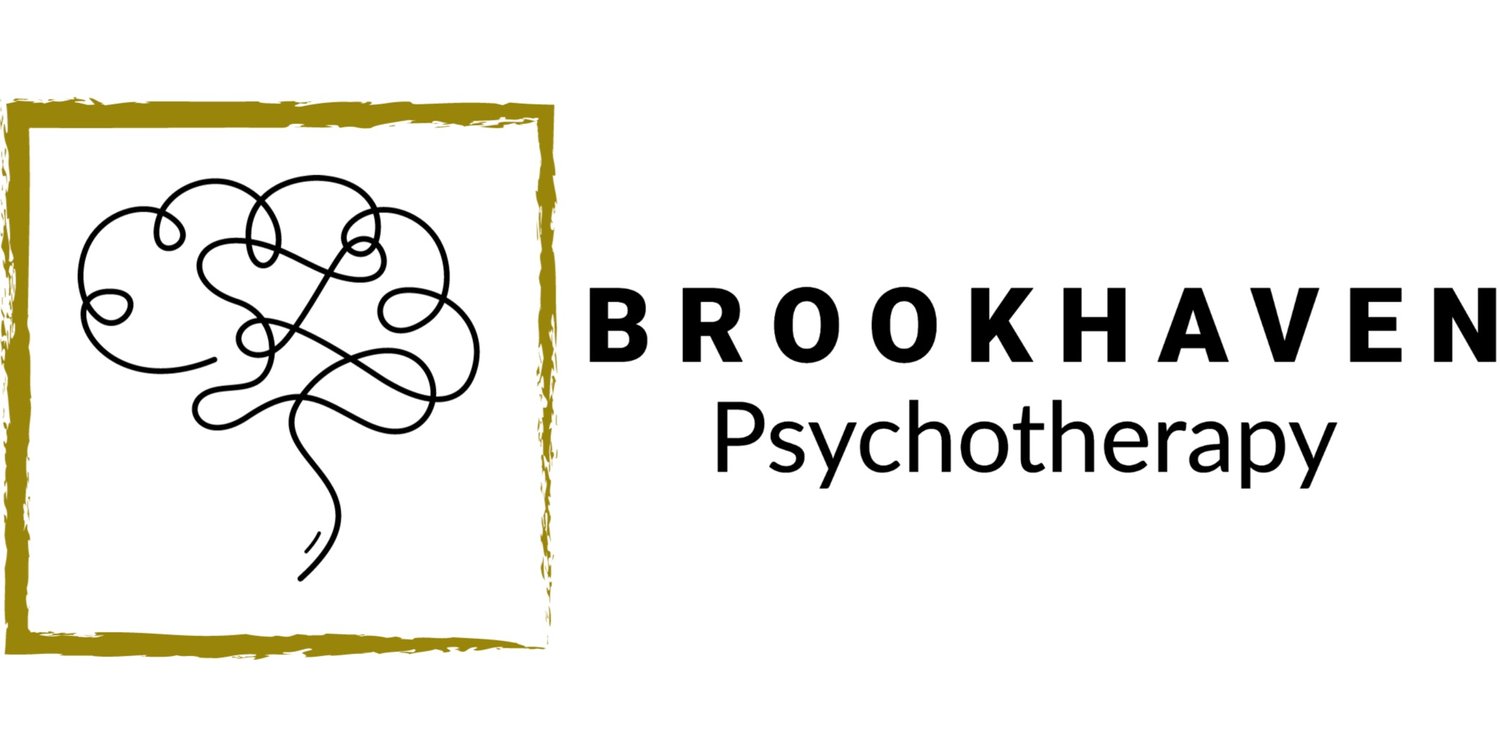
Cognitive Behaviour Therapy
Learn how to thrive
Are you ready to take charge of your thoughts and emotions?
Are you struggling with negative thinking patterns?
Are your thoughts racing or difficult to ignore?
Is concentration a problem while at work or school?
Are you stuck in certain negative coping styles that are causing more problems for you?
Does it feel like your emotions are in the driver’s seat?
Are you struggling with anxiety or low mood?
What is Cognitive Behaviour Therapy?
Cognitive Behaviour Therapy (CBT) is a well-known, evidence-based therapy for a variety of mental health issues and can also be helpful for anyone who is under stressful situations. CBT focuses on changing your problematic thinking patterns and unhelpful behavioural routines. As a whole, CBT is ‘problem focused’ and ‘action oriented’, yielding great results. In studies, CBT alone has been shown to be as effective as medications.
What can Cognitive Behaviour Therapy treat?
feeling “stuck” or unfulfilled
mood disorders including depression and bipolar
generalized anxiety, social anxiety, panic
low self-esteem
sleep issues, insomnia
anger
Obsessive Compulsive Disorder (OCD) (paired with exposure and response prevention)
behaviour problems
perfectionism
PTSD
disordered eating
phobias
sleep disorders
substance use disorders…among much more!
“Cognitive Behaviour Therapy (or CBT) is the most trusted of all available therapies out there. The benefits are well documented in decades of research, and with the right therapist, you can see real results in a relatively short period of time.”
What results will I see with CBT?
CBT will help you identify and challenge problematic thinking patterns, understand the relationship between your emotions, behaviours and thoughts, identify and shift patterns of unhelpful coping strategies, learn new and helpful ways to respond to your environment, improve relationships with others and with yourself, cope with grief or loss, and/or cope with pain or trauma.
Cognitive Behaviour Therapy works relatively fast, with many people saying they start to notice improvement in just a few sessions. Typically, a therapist will recommend between 6 to 18 sessions, depending on the nature of the problem. Therapy sessions for CBT are usually one hour in length, done on a weekly or biweekly basis. The therapist will send you home with tracking sheets and home practice, keeping you accountable for practicing the skills between sessions.
Some of our CBT Therapists
-

Emma Ganton
Registered Social Worker / Psychotherapist
-

Denise Taher
Registered Psychotherapist
-

Shabby Tanvir
Registered Social Worker / Psychotherapist
-

Sara Kohtala
Registered Psychotherapist
Start Cognitive Behaviour Therapy with us Today!
Check out these resources:
-

Three Little Letters that Can Change your Life: CBT
CBT is the most studied, researched and validated mental health therapy. Find out how it can fit into your life!
-

What is Mindfulness?
You’ve heard the word, but what exactly is all the fuss?
-

Window of Tolerance
What is our window of tolerance? Find out here.
-

How Cannabis is Actually Worsening your Anxiety
If you are using cannabis to ease anxiety symptoms, you may want to read about the lack of evidence to support this type of self-medication.
-

Getting an ADHD diagnosis as an Adult
Could you be part of the 15-20 percent of people who are Neurodiverse? Why getting a diagnosis of ADHD in adulthood can be a pivotal moment in your life.

